 Worship is the grand event in the life of a Christian. Or at least it should be. Too often worship does not feel very grand. There are many reasons for this. However, one reason is our failure to prepare for worship. The Israelites were expected to be prepared for worship. We should prepare as well. God does not want us to enter his presence with distracted minds, weary bodies, and cold hearts. He wants us to enter his house focused, rested, and with zeal. Our aim should be to bring him our best every Lord’s Day. (See Exodus 19:10-11, Malachi 1:7-8 I Peter 1:13-16) Here are some suggestions to help you prepare for the Lord’s Service.
Worship is the grand event in the life of a Christian. Or at least it should be. Too often worship does not feel very grand. There are many reasons for this. However, one reason is our failure to prepare for worship. The Israelites were expected to be prepared for worship. We should prepare as well. God does not want us to enter his presence with distracted minds, weary bodies, and cold hearts. He wants us to enter his house focused, rested, and with zeal. Our aim should be to bring him our best every Lord’s Day. (See Exodus 19:10-11, Malachi 1:7-8 I Peter 1:13-16) Here are some suggestions to help you prepare for the Lord’s Service.
Preparation During the Week
- Make sure you are doing family worship and/or personal devotions. In worship we sit underneath God’s Word, sing, and pray. If your week does not have these things in them then worship will seem foreign. God’s Word will seem like a strange tongue to you. The prayers in worship will bore you instead of excite you. It will be hard. To come into God’s house prepared you must spend time in the Word, prayer, and song throughout the week.
- Spend time during the week with members of your local church. It is good to spend time with Christians from other churches. However, the priority should be on those from your local body. These are the ones you will worship with on Sunday. These are the ones who will sit under the word with you and pray with you. These are the ones you will visit with following the service. When you meet with them during the week, discuss the things of God. What are they learning from the Scriptures? What do they remember about last week’s sermon? What are they struggling with? Pray with them before you part ways. Then the bonds of Christian love will be strong when you meet before the Lord on Sunday.
- Confess your sins during the week. One of the greatest hindrances to Spirit filled worship is the failure to confess our sins. We must regularly bring our sins before the Lord pleading the shed blood of Christ. We must also confess our sins to each other. Do not enter God’s house with broken relationships. If you have sinned against someone, go to your brother and get forgiveness.
- Work hard, so you will be ready for a day of rest. Remember we are to labor six days, not five. That doesn’t mean you have to work at your job six days. But it does mean Saturdays are not a day off.
Preparation on Saturday
Preparing for Sunday is a key ingredient to coming into God’s house in the right frame of mind. Here are some practical things you can do on Saturday to get ready for Sunday.
- Get anything you need for church ready. This would include getting out church clothes, filling diaper bags, preparing food for a potluck, getting gas for the car, having your Bible out, etc. Nothing dampens the drive to church like someone being mad because they couldn’t find the right pair of shoes. Try to make Sunday smooth by thinking ahead.
- If possible, plan and prepare for the Sunday meals on Saturday. For Sunday breakfast we do either cold cereal or a hot breakfast (baked oatmeal) that can be prepared on Saturday night. For lunch on Sunday, plan a meal that you can prepare ahead of time. The point is to be free on Sunday to worship, fellowship, and rest. Husbands you should help your wife do some extra cooking on Saturday so she can rest on Sunday.
- Read over the sermon passage for the next day and pray for the worship service. You will get more out of worship if you have thought about it prior to entering the sanctuary.
- Get to bed at a decent hour. Four hours of sleep will not prepare you to feast on God’s Word.
Preparation on Sunday
- Get up at a decent hour. If you have an hour to get ready for worship you will probably not be prepared.
- Read some Scripture, sing, and pray before coming to church. Our family sings as we drive to worship. Here are some specific things you can pray for. I am sure you can think of more.
- Pray for your pastor.
- Pray for the hearts of the congregation to be stirred to hear God’s Word and sing His praises.
- Pray for the Spirit to be working.
- Pray that God would bring new people into the church.
- Give thanks to God for cleansing your through Jesus so you can enter into his presence.
- Eat a good breakfast. Hunger is not a virtue during the sermon.
- Arrive early so you can greet the saints and settle your body and soul before the service begins. Coming in right when the service starts or late will most make your heart anxious.
- Use the restroom prior to worship.
What to do if I have had a bad week?
All of us, no matter how well we have prepared, can have a bad week or a bad Sunday morning. What do you do when the train jumps the tracks?
- First, ask yourself if this is a sin problem. Did you prepare as you ought to have? Were you lazy throughout the week and it caught up with you? Did you fail to discipline the children Monday through Saturday, but then tried to get them in line on Sunday morning? Did you stay up until 1 am Saturday night watching movies? It is a sin to be lazy in our preparation to enter God’s house. If you have been lazy, repent, turn to Christ and trust in him to forgive your sins. Then enter God’s house knowing that you are forgiven. After worship, implement practical ways to be more diligent in your preparation.
- However, perhaps the week went awry, not from sin, but because of God’s Providence. God is not obligated to honor our preparations. You may have prepared like a Boy Scout, but God decided he had something else. Maybe a child was sick all night Saturday and you got no sleep. Or a pipe busted or a car broke down. Or a friend needed help late Saturday night. These things happen. When God thwarts your preparations it is because he wants to teach you to depend upon him. When this happens maintain your joy, compensate where you can (have frozen pizzas on hand for Sunday lunch), and enter God’s house knowing that he is in control. Trust that he is good and brought this into your life because he loves you. Then ask what he wants you to learn from this.
Looking Back
One final note. When Sunday is over, evaluate how it went. What could you change to come in more prepared? Husbands are you helping out as much as you can to get your family ready in body and soul? Wives, did you decide your work week ended on Friday when your husband got off? Children, did you help mom and Dad enter God’s house with joy? Singles, did you spend Saturday night selfishly or looking with gladness to ascending to the throne of God? Did you respond to unexpected challenges and obstacles with grace and trust in God? Did you prepare for the Lord’s Day with joy? Or were you a grim taskmaster as you got ready?
It is our great privilege to come before God each Sunday with his people. We cannot expect him to bless sloppiness. Nor can we expect him to be glorified if we are lazy in our preparation. We are coming before the King of Kings. Let us prepare with discipline and zeal so we can enter God’s house saying, “I was glad to hear them saying, ‘to the Lord’s house let us go.'” (Psalm 122:1)<>











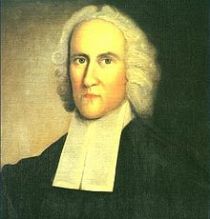
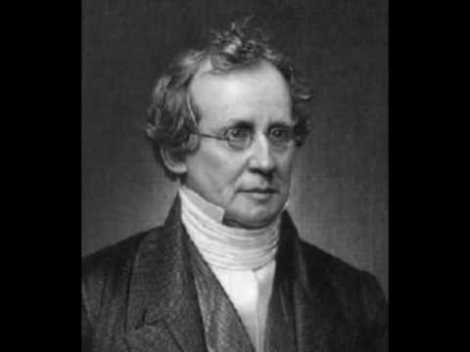
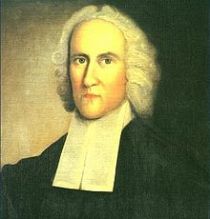
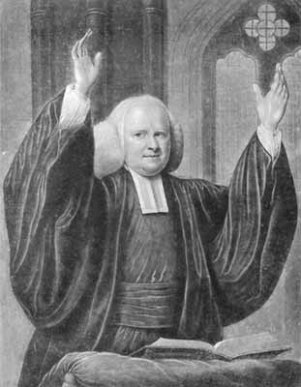
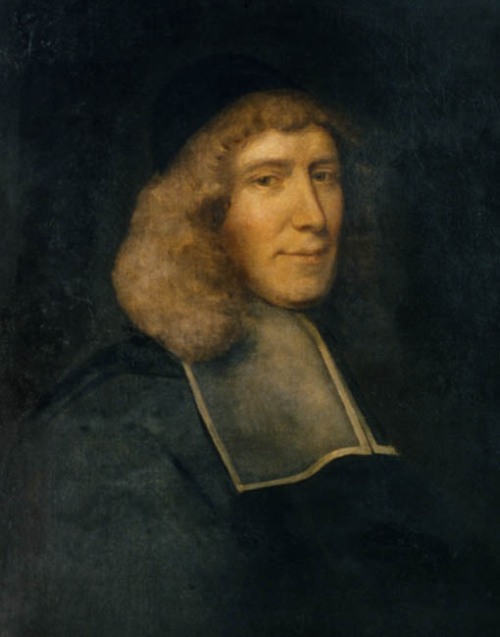
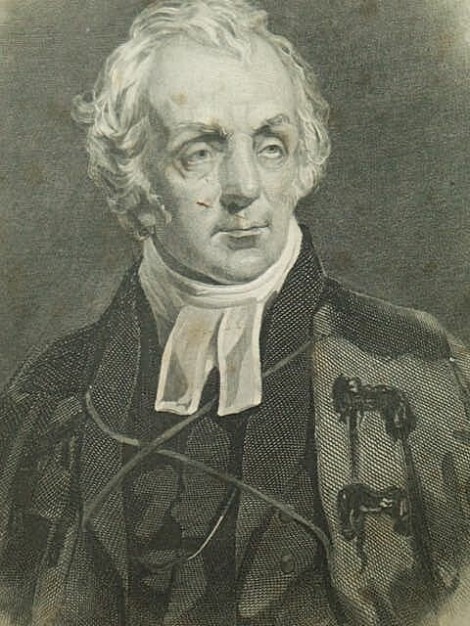
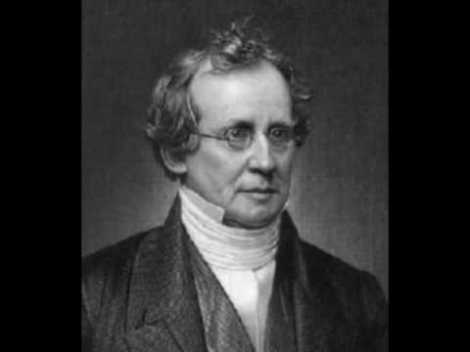

 This is a great day for these United States. It is a time of joy and celebration. And we hope to enjoy ourselves with one of America’s greatest inventions: hot dogs. But beyond all the fireworks, parades, and the good and healthy national festivities, we will also remember that in 1776, the Declaration of Independence was approved by the Continental Congress, setting the 13 colonies on the road to freedom as a sovereign nation. Sovereignty is good. It is right. And I believe there was much wisdom in that threefold pursuit of Life, Liberty and Happiness. Undoubtedly we have not followed those principles very well in this nation. We have despised life by disposing of unborn infants, we have forgotten that God has set us free from ourselves and from the tyranny of sin, and we have also forsaken the liberty given to any nation whose God is the Lord. Therefore, we receive the just punishment we deserve, and that means the majority of our politicians and their policies. Washington has become a place of secret handshakes, unwarranted transactions, political elitism, sophist rhetoric, and cowardice. And finally, the happiness that we should certainly pursue is largely devoid of any form of Trinitarian rationale. Happiness–which is the pursuit of righteousness– without Nature’s God is temporary and unsatisfying.
This is a great day for these United States. It is a time of joy and celebration. And we hope to enjoy ourselves with one of America’s greatest inventions: hot dogs. But beyond all the fireworks, parades, and the good and healthy national festivities, we will also remember that in 1776, the Declaration of Independence was approved by the Continental Congress, setting the 13 colonies on the road to freedom as a sovereign nation. Sovereignty is good. It is right. And I believe there was much wisdom in that threefold pursuit of Life, Liberty and Happiness. Undoubtedly we have not followed those principles very well in this nation. We have despised life by disposing of unborn infants, we have forgotten that God has set us free from ourselves and from the tyranny of sin, and we have also forsaken the liberty given to any nation whose God is the Lord. Therefore, we receive the just punishment we deserve, and that means the majority of our politicians and their policies. Washington has become a place of secret handshakes, unwarranted transactions, political elitism, sophist rhetoric, and cowardice. And finally, the happiness that we should certainly pursue is largely devoid of any form of Trinitarian rationale. Happiness–which is the pursuit of righteousness– without Nature’s God is temporary and unsatisfying.














